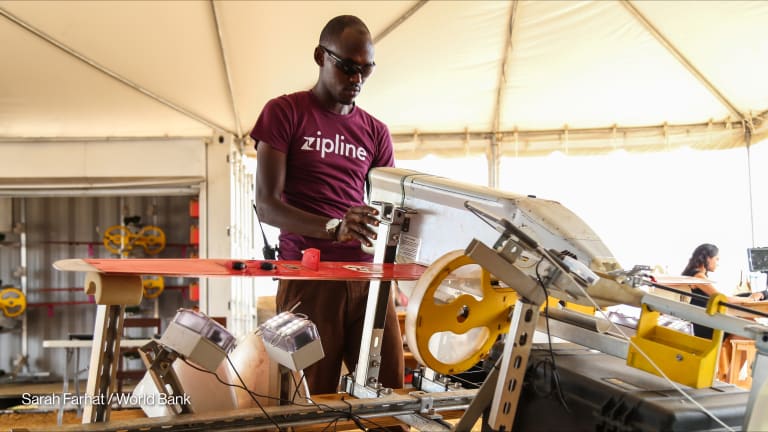In the wake of the dismantling of the U.S. Agency for International Development, the agency’s leadership sent country missions abroad some insight into what will be considered acceptable global health programming under the Trump administration — and what won’t.
The administration has slashed the majority of USAID’s global programming, but some of it will continue under the leadership of the U.S. State Department.
USAID leadership sent out an Excel sheet and a PowerPoint dated April 8th — of which Devex obtained a copy — which highlighted 24 “central awards to support global health programming” that will continue under the agency’s “narrower focus.”
Printing articles to share with others is a breach of our terms and conditions and copyright policy. Please use the sharing options on the left side of the article. Devex Pro members may share up to 10 articles per month using the Pro share tool ( ).








